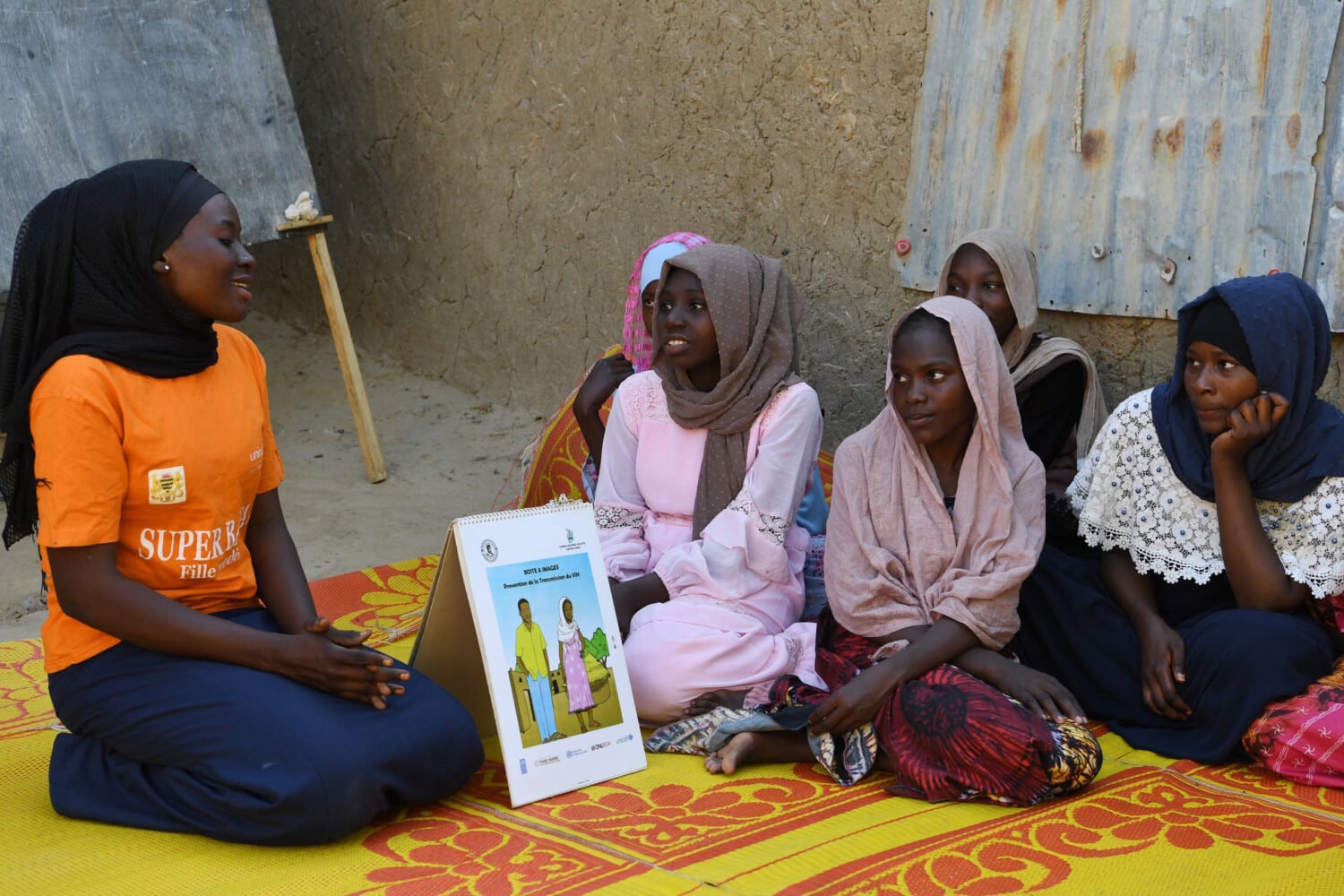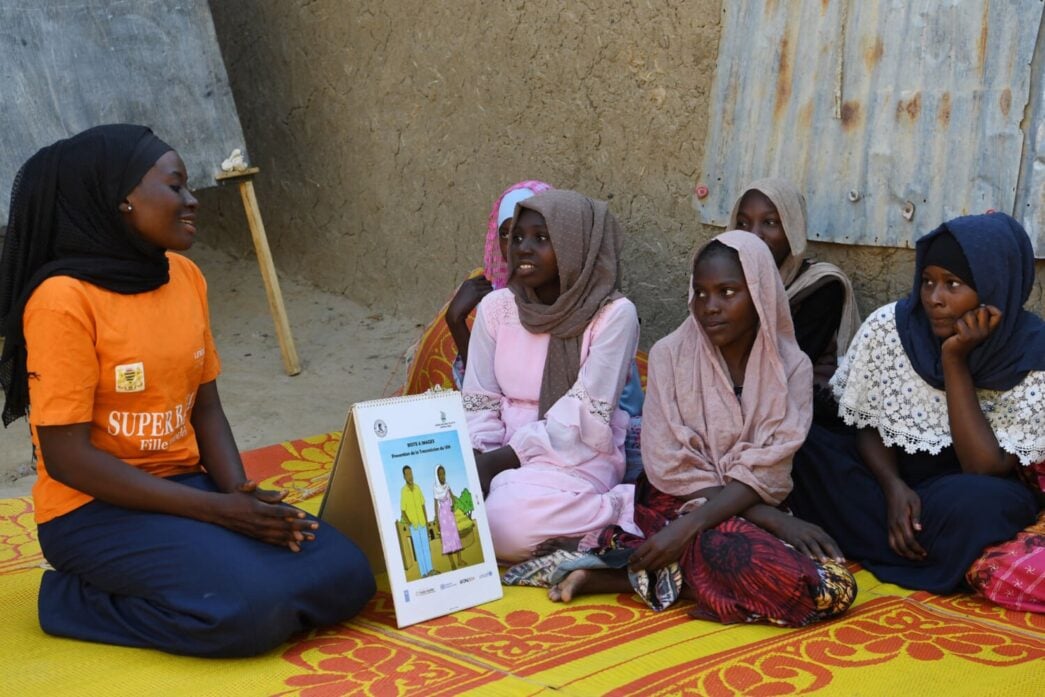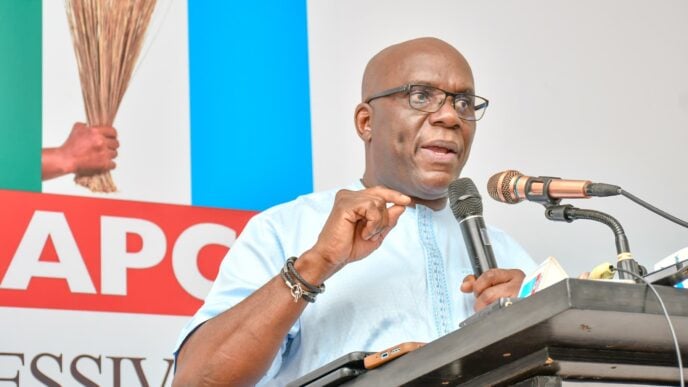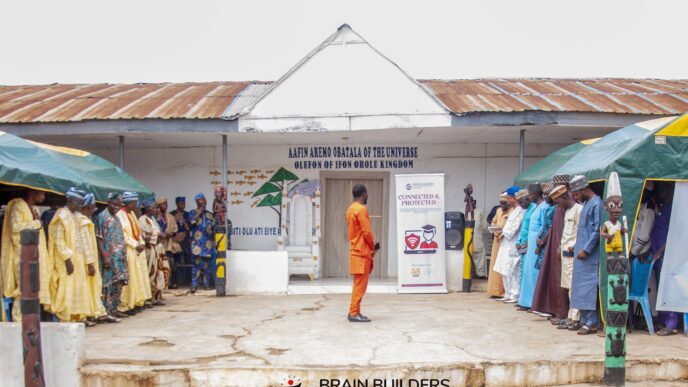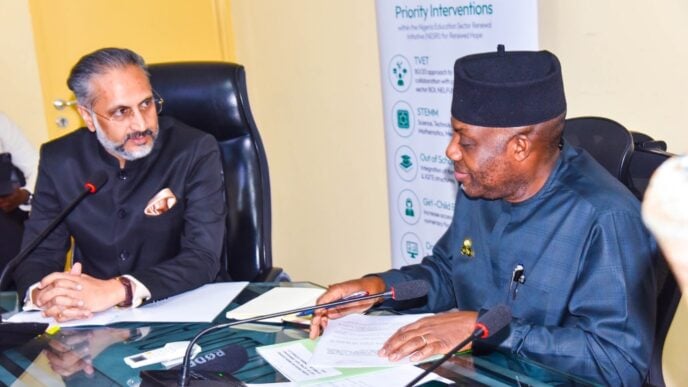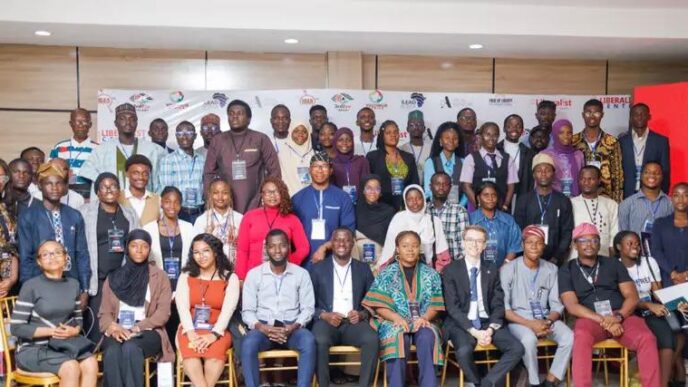Only eight states in Nigeria meet the global benchmark for women’s participation in reproductive health decisions, according to a women’s health index by Invictus Africa.
The report was the subject of discussions at the 2025 Gatefield Health Summit held on Thursday in Abuja.
Only a handful of states reportedly achieved the ending preventable maternal mortality (EPMM) target of at least 65 percent of women participating in decisions about their sexual and reproductive health, including contraceptive use.
According to the findings, Kebbi (2.5 percent), Sokoto (5.1 percent), and Niger (5.8 percent) recorded the lowest levels of female participation in reproductive health decision-making.
Advertisement
The data also show that no Nigerian state has achieved the national policy on population (NPP) target of reducing the unmet need for family planning to 10 percent by 2025 and zero percent by 2030 among women aged 15–49.
Cross River (30.3 percent), Ebonyi (29.2 percent), and Bayelsa (27.7 percent) have the highest levels of unmet need.
Adenike Adeoye, monitoring, evaluation and learning lead at Invictus Africa, said when there is investment in women, there will be economic growth, higher workforce participation, and greater productivity.
Advertisement
“Prioritising women’s health is not only a moral duty, it’s smart economics,” Adeoye said.
At the summit, delegates highlighted that a woman’s most productive years are also her most vulnerable, and that neglecting women’s health has far-reaching consequences for Africa’s economic stability.
Conversations focused on positioning reproductive health, maternal care, and women’s leadership in policy and research at the centre of Africa’s health transformation.
Experts also noted that Africa’s health systems face mounting pressures, from climate shocks and disease outbreaks, to the rising burden of non-communicable diseases.
Advertisement
The discussants opined that true resilience demands foresight, coordination, and the elevation of women’s agency in every layer of health governance.
